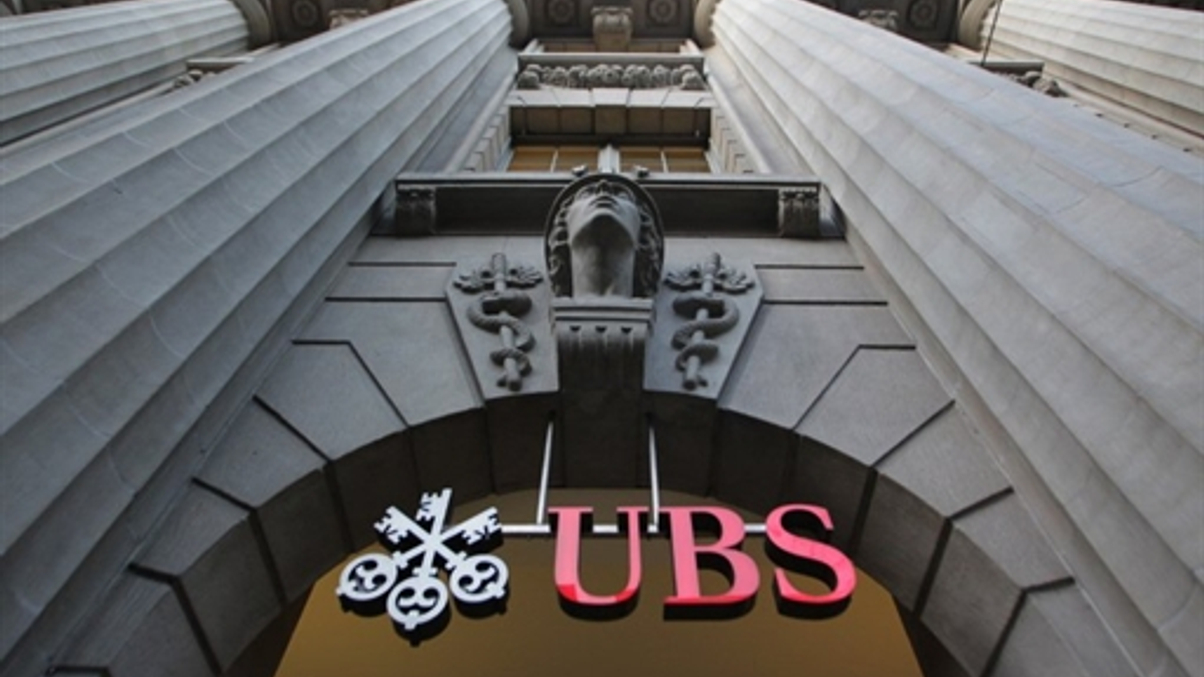UBS trading loss seen as institutional failure
AsianInvestor’s readers show strong consensus in our online poll that the bank’s risk systems are squarely to blame for its recent $2.3 billion Delta One loss.

AsianInvestor’s readers – institutional investors, distributors, fund managers and service providers – have expressed collective conviction about where the blame lies for UBS’s recent $2.3 billion Delta One trading loss: squarely at the door of the Swiss institution itself.
Sign in to read on!
Registered users get 2 free articles in 30 days.
Subscribers have full unlimited access to AsianInvestor
Not signed up? New users get 2 free articles per month, plus a 7-day unlimited free trial.
¬ Haymarket Media Limited. All rights reserved.


